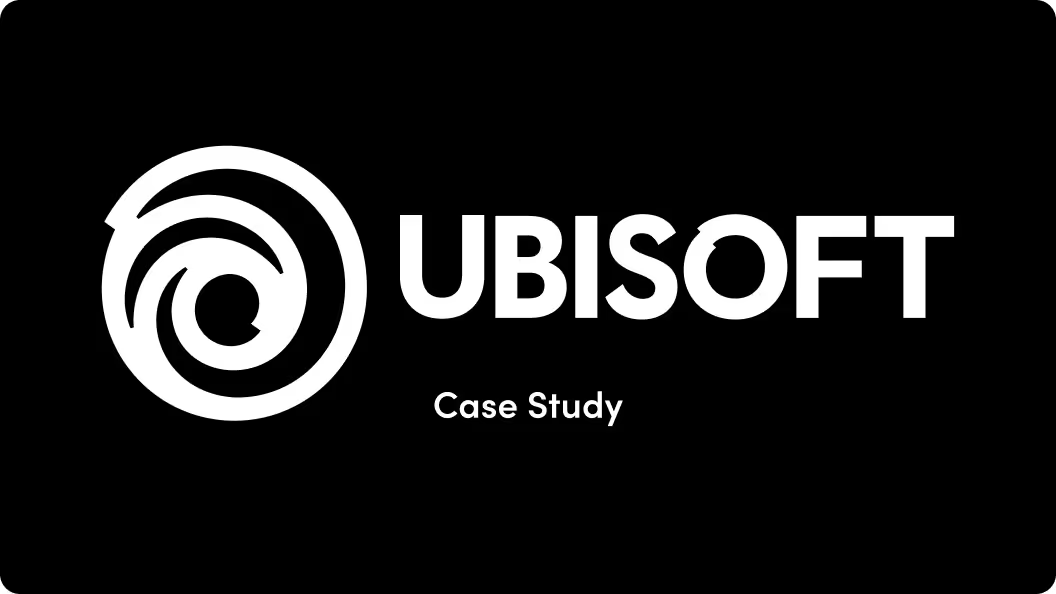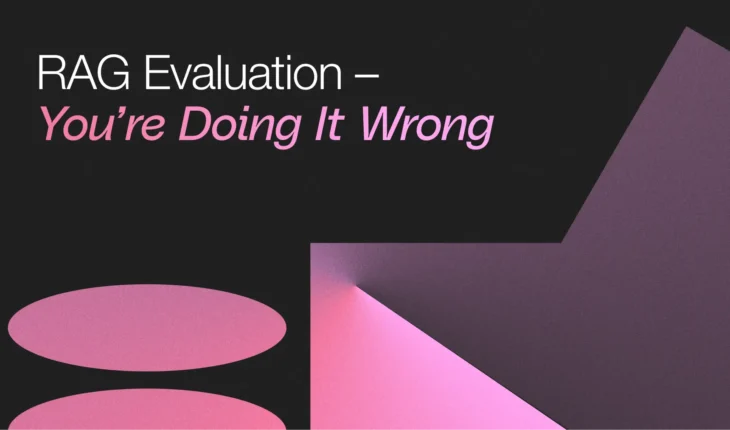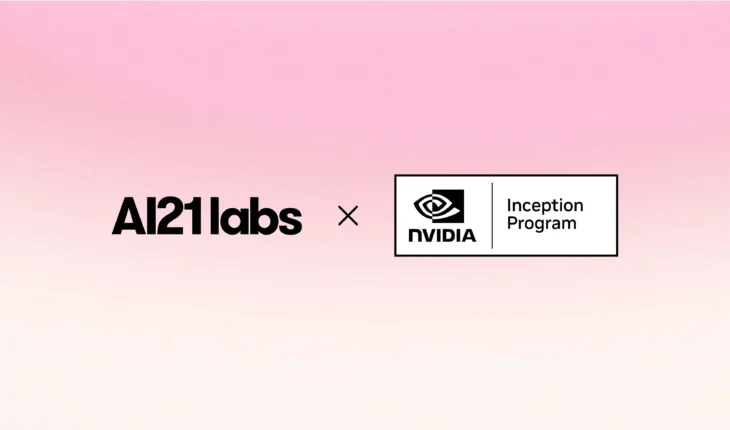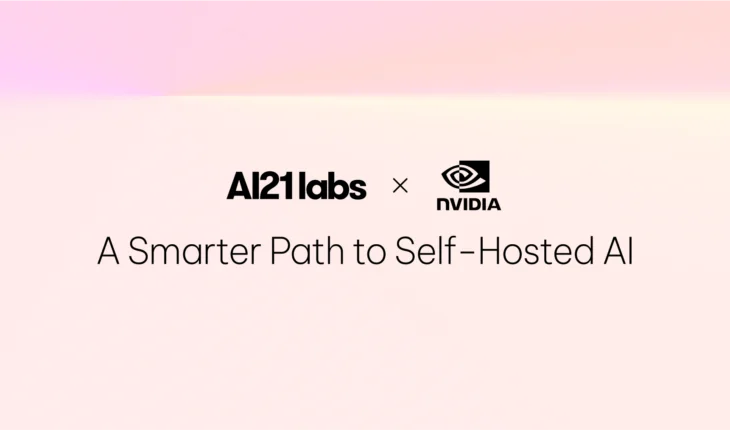Table of Contents

Unleashing the Power of AI in Game Development: How Ubisoft Scaled Content Production
About Ubisoft
This video game titan doesn’t need an introduction. But for the uninitiated:
Ubisoft is the creator of Assassin’s Creed, Just Dance, Watch Dogs, and multiple other incredibly well-crafted and popular video games. They were one of the first brands to invent rich, immersive, story-driven gaming worlds—back in the early 1980s.

The company was founded on the principles of embracing human creativity and grew to rapid popularity by the early 90s. Always ahead of the curve, Ubisoft built their first AI gaming lab 6 years ago.
The story
The script writers’ work at the company is the cornerstone of the complex artifact that is a narrative driven game. They create diverse and interactive elements – from sequential in-game cinematics to procedurally generated crowd chatter.
We talked to Ben Swanson, research scientist at Ubisoft about the challenges they were facing and how A121 helped.
Why AI21 Labs? Creator-friendly vision, ready-to-use models, and legal compliance.
Ubisoft and AI21 Labs share a common vision: create tools to automate tedious tasks so writers can focus on creative pursuits.
“Our writers do excellent work. We want to assist them with whatever tools and models that we can.” says Swanson. AI21 Labs’s Wordtune has a similar philosophy. This vision and passion for the possibilities of human-machine collaborative writing stood out to Ubisoft in their search for a reliable large language model.
“We’ve been leading towards AI21 Labs because we’ve had positive internal reviews from team members who’ve worked with AI21 Labs previously.”
Also, Ubisoft utilized AI21 Labs’s vanilla model from the get-go. Very often, with LLMs, companies need a lot of customization and fine-tuning, but AI21’s model was a perfect fit for Ubisoft’s data augmentation needs. The intuitive API made the integration even easier.
Finally, AI21 went the extra mile by ironing out legal compliance issues that have been a point of contention in other LLM partnerships.
With a model-usage fit and shared values, Ubisoft set out to enhance their game-creation process with AI21.
The first challenge: repetitive manual work for video game writers
One of the many different tasks that goes into scriptwriting is writing bark trees which are standalone NPC lines that require as many variations as possible (and allowed by the voiceover budget). Each of these groups of variations can be seen as responses to a shared motivation.
For example, if the motivation is hunger, the character might say “let’s order pizza.”
Simply paraphrasing “let’s order pizza” wouldn’t work in this case.
“There’s only so much you can do with paraphrasing. You actually have to pivot through the motivation or start from the motivation.” says Ben.
Ubisoft saw the value AI21 brought to the game development process. Instead of having to painstakingly brainstorm 5-10 different ways to express motivation (hunger, in this example), Ubisoft’s internal models could use AI21’s output as a launch pad.
“It lets our writers hit the ground running. It’s an Inspiration tool for them. It’s a way for them to overcome writer’s block.” says Swanson.
The second challenge: need for data augmentation
To create an engine for automatic paraphrasing, Ubisoft had to use internal models. And to reliably use internal models, they needed fine tuning data (which didn’t exist). If they’d tasked humans with creating this fine-tuning data, it would have taken an eternity.
“So we use AI21 to suggest data of the correct form. It’s easier for writers to thumbs up and edit or thumbs down than to come up with novel and diverse training data themselves.” says Ben.
With AI21, Ubisoft could generate thousands of inputs and hand-pick the best ones to edit using their fine tuning datasets. With this augmented data set, the outputs became more diverse, and distinctive.
Ubisoft embeds the NPC generator and other similar models they’ve trained into the writing tools for their scripters. The writers are shown pairwise comparisons of outputs so the models can get further trained through human feedback.
“Before AI21 we wouldn’t do this manually — we weren’t doing it at all. It was THAT tedious. “ says Swanson. “What we unlocked by our partnership with AI21 is an unlimited fountain of training data of whatever precise format we require!”
The third challenge: rising costs of in-context learning (data augmentation)
With an unlimited fountain of training data, the next challenge was that of escalating data augmentation costs.
Most LLM brands charge based on both input and output tokens.
With a 30:1 input to output ratio, Ubisoft successfully optimized their budget for game creation.
This created an obstacle: Ubisoft wanted to fine-tune the outputs to the minutest detail so their writers would work on high-quality suggestions. This meant experimenting with multiple prompts which would cost them significantly more money.
AI21 customized their pricing model to aid Ubisoft in their vision: top-notch AI-generated recommendations so writers have more inspiration (and lesser manual work). AI21 charged them only for output tokens.
“AI21’s pricing model at that time was the best for data augmentation.” adds Ben.
What changed for Ubisoft after working with AI21?
“The win here is rapid scaling. When it comes to writing a game, there’s a tremendous amount of tedious work. For example, there need to be 10-15 different ways for a townsperson to “get out of here” — or it’s going to sound repetitive.
Writers often talk about having an editing brain and a writing brain — the writing brain requires you to conjure something from nothing. The editing brain is where you polish it. So if you can jump to the editing step, that’s huge.
“That’s the promise of AI21: quality data augmentation outputs”,says Ben.
The road forward
Over a third of our conversation with Ubisoft was future-facing. Because of both teams’ synchronicity, capabilities, and common beliefs, there are dozens of use cases to be built. Here’s what Ubisoft is most excited about:
Building a statistical reference model for video games engineered from AI21 Labs’s generative AI capabilities: Ubisoft’s vision to design creator-inspired, immersive games helps them build worlds with rich history, depth of character, and dramatic storylines. AI21 Labs plans to document these complex worlds to offer stats and facts to players on command.
“The nice thing about AI21’s setup (as opposed to the kind of LLM usage in video games you often see these days where it’s basically just a chatbot) is that our setup leverages LLMs in a writer-in-the-loop scenario. Additionally, as it relies on data augmentation and fine tuning, it allows writers to compose their own I/O – keeping it as a tool for them rather than a lower-quality replacement.” says Ben.
At AI21, not only are we thrilled to bring Ubisoft’s vision for innovation to life, but we are thrilled about the opportunities for contributing to a creator-first world.


